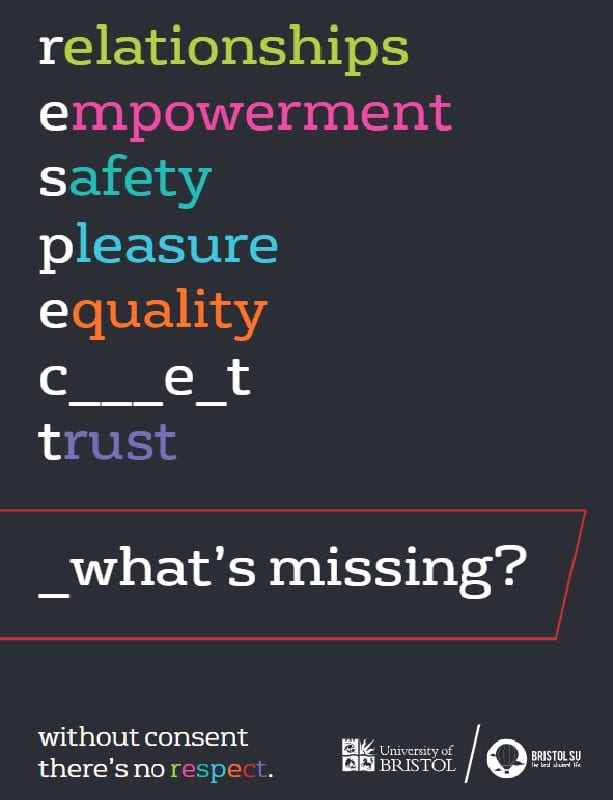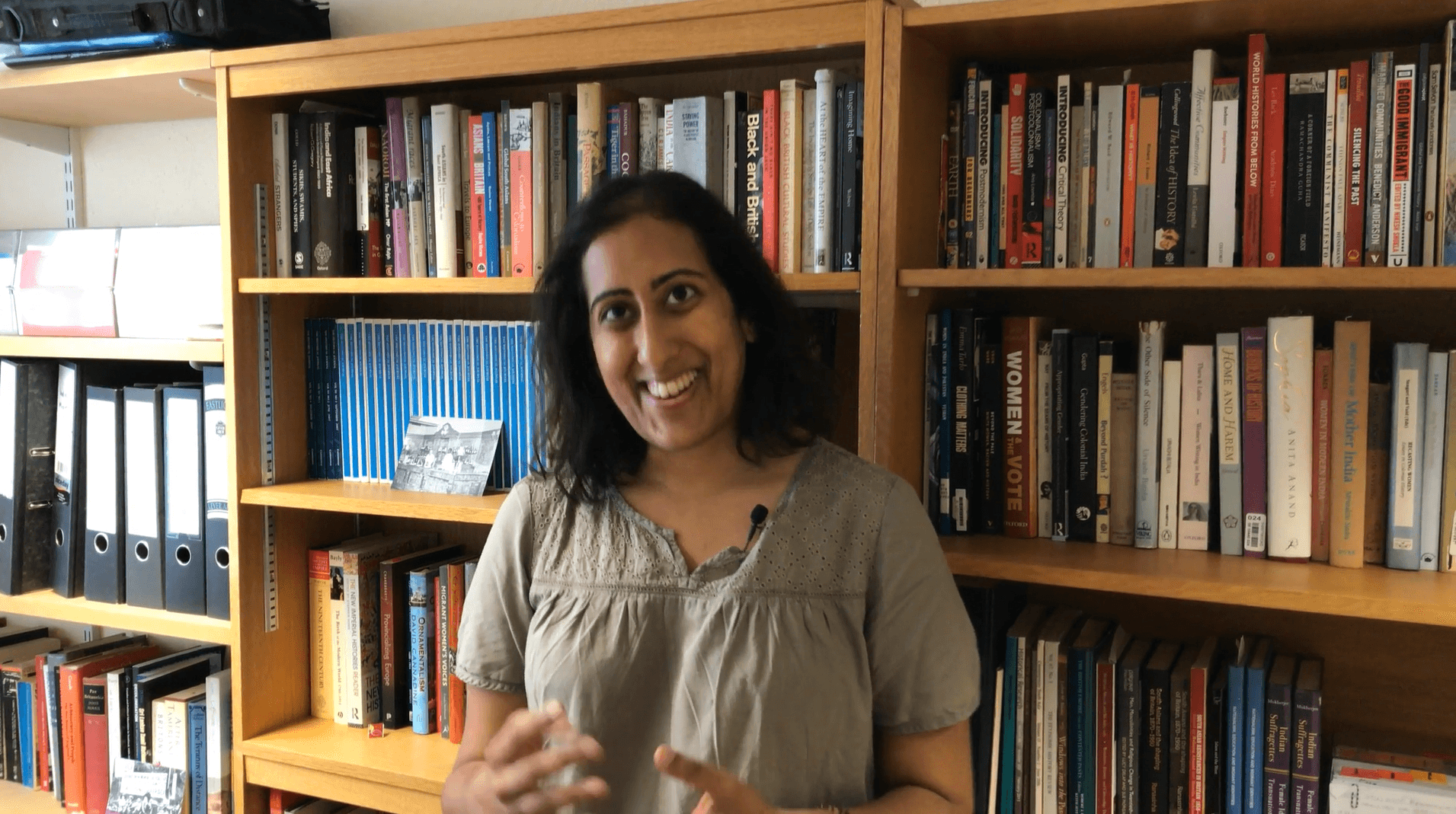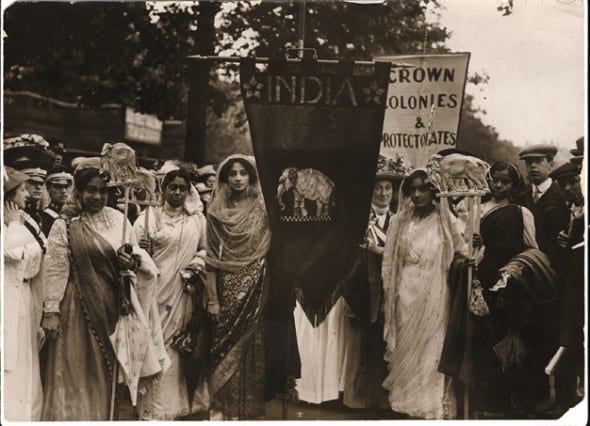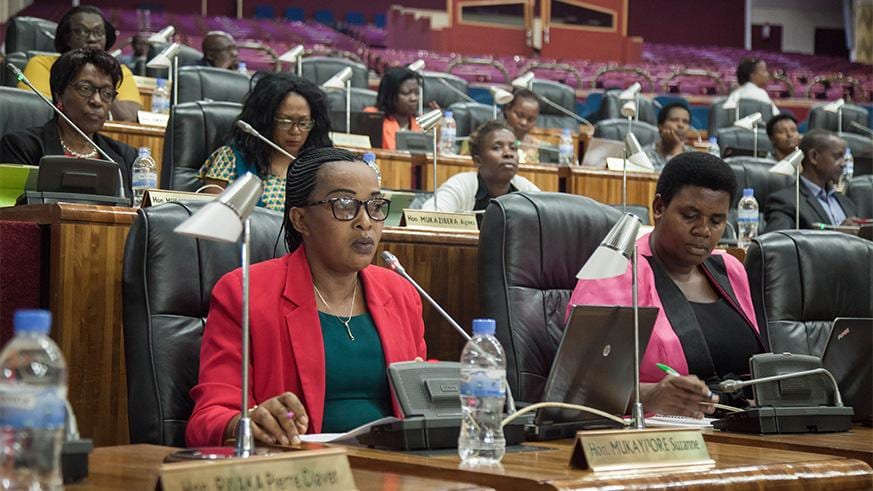Lauren Curtis, Diversity and Inclusion Champion in the Elizabeth Blackwell Institute, blogs about her role, Vote 100 and equality in health research.
Vote 100 marks 100 years since the first women gained the vote in the UK: definitely something to celebrate! When you look back at 100 years of women in medicine there is much to celebrate here too. The Elizabeth Blackwell Institute at the University of Bristol is named after Bristol-born Elizabeth Blackwell, the first woman to graduate from medical school. She was a pioneer instrumental in many campaigns for reform, and launched numerous innovative health schemes, including establishing the first UK medical school for women. A very fitting namesake for the Institute, which exemplifies the spirit of what we are striving to achieve today.

I joined the Elizabeth Blackwell Institute for Health Research as Diversity and Inclusion Champion in November last year. This unique post, funded by the Wellcome Trust, focuses on identifying barriers, and championing and challenging Equality, Diversity and Inclusion (EDI) within health and biomedical research communities at the University of Bristol. More broadly EDI is something that the University is dedicated to, and so the work I am doing is very much aligned with the work of the EDI team.
Equality, diversity and inclusion in health research is vital as it encourages a range of solutions to health challenges. Everyone should have equal access to opportunities, feel that they can contribute their ideas, and that each unique perspective is valued.
Since starting in this post, I have seen a lot of people doing fantastic work to address barriers related to EDI at the University and that progress has been made. However, we are not there yet and there is still much to do.

There are clear benefits to having a diverse range of staff, and in research, having lots of people bringing different ideas to solve problems is important. However, to attract and retain talented researchers everyone needs to feel that this is something that they want to and can be part of and to achieve this we must embed an inclusive culture where everyone can fully participate. EDI needs to be something that we are all involved in and should be threaded through all we do. My role is to help support colleagues in the health and biomedical research community to make this to happen.
I have worked with colleagues in the Faculty of Health and Faculty of Life Sciences to run discussion sessions and listen to staff talk about barriers and challenges they have faced or been aware of. This has enabled me to learn about the lived experiences of staff and, along with other information, has allowed me to identify some priority areas for action and ways in which we can continue to improve things.
“A blank wall of social and professional antagonism faces the woman physician that forms a situation of singular and painful loneliness, leaving her without support, respect or professional counsel.” – Elizabeth Blackwell.
Thankfully much has changed since Elizabeth Blackwell spoke these words, but there is always more that can be done to ensure equality and inclusion for all.
Watch ‘100 Years of Medical Women: The Past, Present & Future’ on YouTube.








